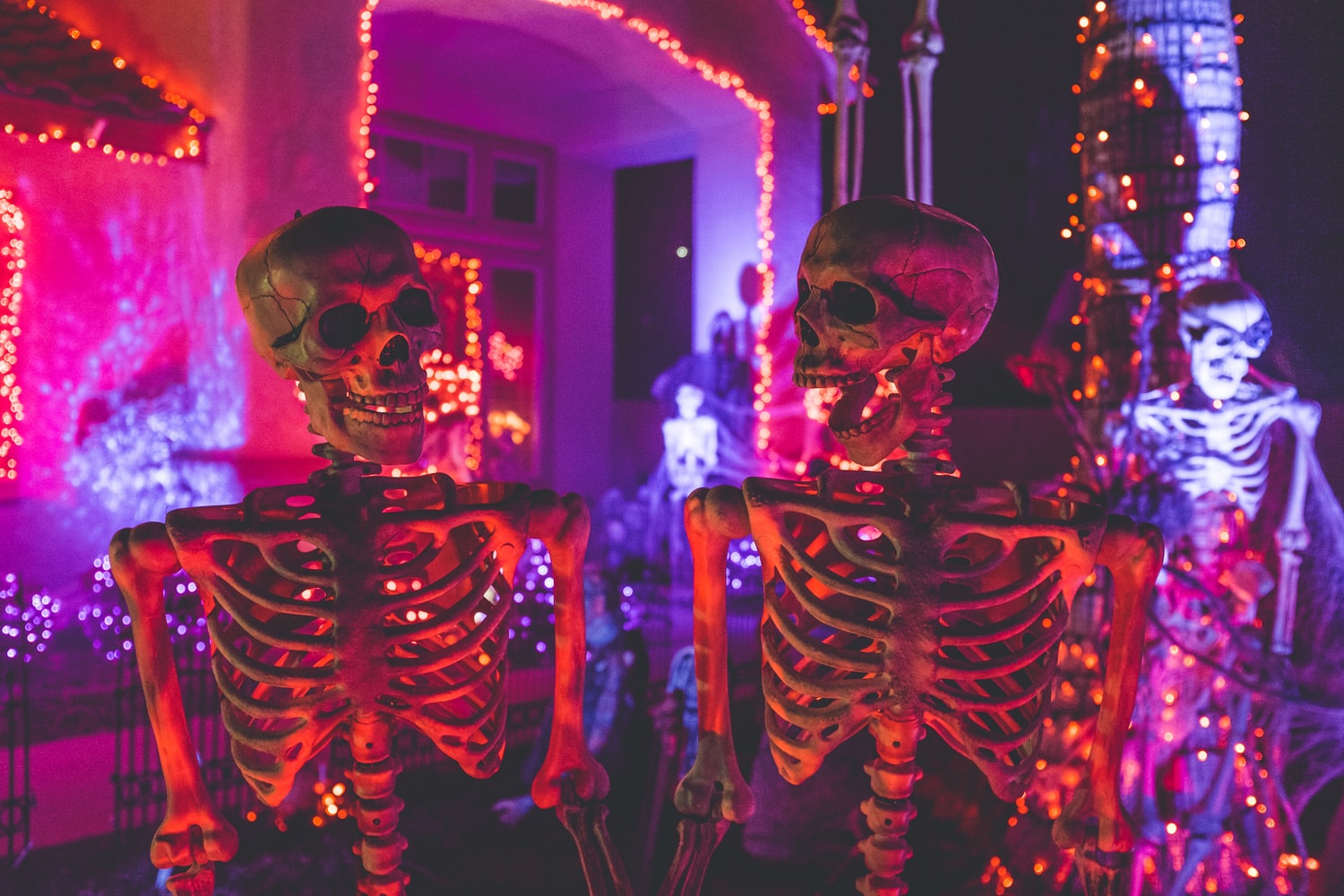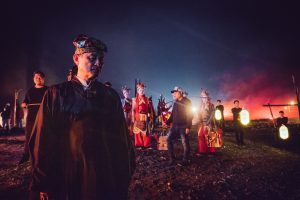The first time I landed in a hospital was at Disneyland.
Aged six and the furthest I’ve been from home, my foolish father made two mistakes. One, he asked for warm water, which in the wilderness of the United States got translated into boiling hot water. Two, he placed both cups on one end of the tray, and grabbed the other end.
So when he set the tray down on the table, the cups tripped onto my right foot, and for the first time in my life, I understood pain.
This memory would clarify my conception of fear. Unsettling or unknown contexts would prime in me the potential for pain—walking home alone, roller coaster rides, any contact sports—and I shied away from them.
But as an adult, I know that fear is not a bludgeon. Its tastes are nuanced, incomprehensible, and—most maddeningly—irrationally desired. Why else would the genre of horror and thrillers have such a cult-like following?
So what are the contours of these desires? I’ve always been too scaredy-cat to seek out answers, but in this month of Halloween (alongside some much needed convincing from my colleagues) I have an excuse to do so.
Plugged into Storytel—if you’re going to do horror right, you might as well go the atmospheric route with audiobooks—and beneath the safety of my covers, I measure my breathing.
And I take the plunge to make sense of our deepest, darkest needs.
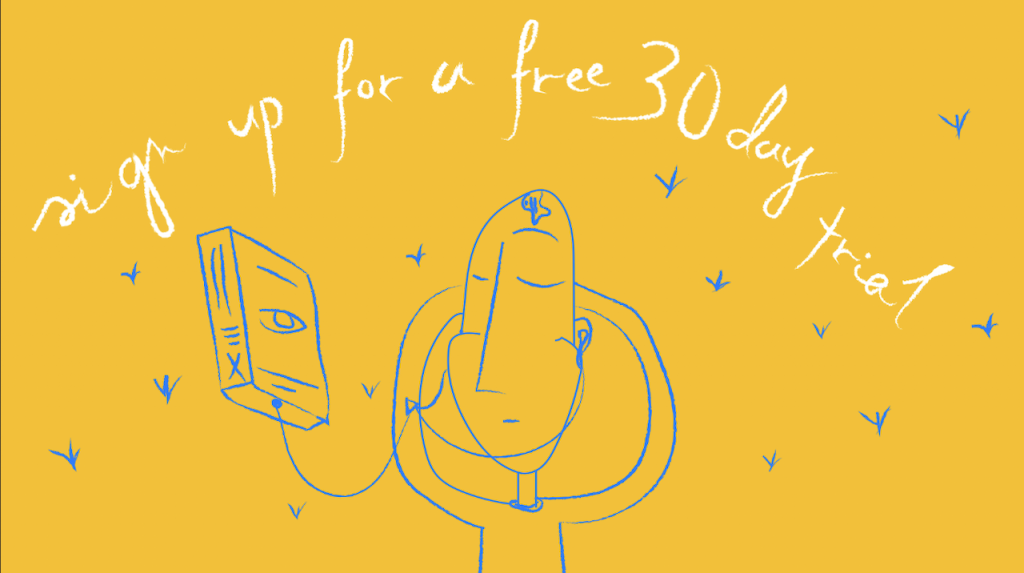
Rice readers get a 30-day free trial, so download their app to get started.
Thirsty teeth gnawing on a block of ice; chittering, chattering.
This bite sized classic offers one of the most incisive subversions of the genie-in-a-bottle trope. The White family come into possession of the titular monkey’s paw, which is said to be able to grant three wishes.
But these are often achieved through grotesque means. Imagine getting that coveted promotion because your superior was killed in a car accident. Or becoming famous because your nudes were leaked.
In The Monkey’s Paw, the family’s three wishes come at a price they’re not willing to pay, even when they were forewarned of the consequences.
“As I wished, it twisted in my hand like a snake,” Mr. White cries out. Like a malevolent curse come to life.
This distortion of our desires teaches a very simple lesson: do we really know what want? Do we know what it would cost?
As the story’s characters learn, it’s not what we are averse to that we should fear. Sometimes, there’s horror in the things we yearn for the most—or even the yearning itself.
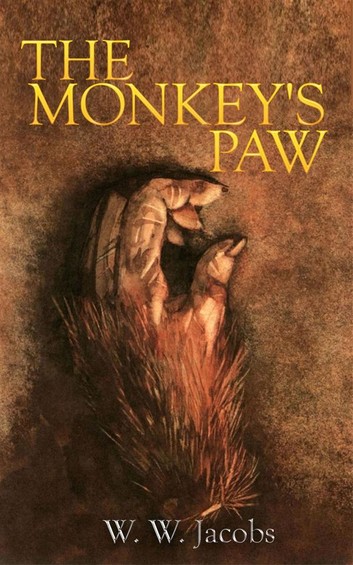
A single candle flickering in an expanse barren of warmth.
The reigning monarch of modern horror has once again crafted an exquisite tale, but not one you’d expect. The Dead Zone is fundamentally a coming of age story couched in a supernatural political thriller. Its protagonist, everyman Johnny Smith, gains telepathic abilities—an unsubtle metaphor for pubertal changes—and finds himself thrust into a world larger than him.
Listening to James Franco’s narration, I fear for Johnny. It’s not just the corruption of his idealism and innocence. Although he uses his newfound abilities for good—solving crimes for instance—the answers he uncovers are disastrous, and even jeopardises his job as a teacher. He’s not equipped to handle the responsibilities that come with his newfound power.
And when he chances upon a horrific, world-changing vision that asks him to commit violence, he’s not sure if he’s up to the task. Like how we stumble through our adolescence, Johnny has to learn to compromise, deal with loss, and make hard decisions that will tear him apart. He has to grow up all over again.
Growing up is like dying—an anxiety that sits in our bones for decades. We’re never really prepared for it, but it’s as inevitable as the sun rising. We can either be annihilated by this change, or rise anew, stronger and more thoughtful than before.
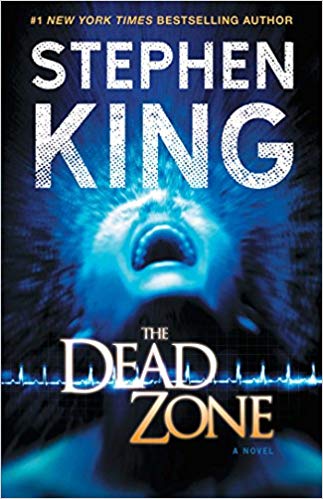
Only being able to see cake as a hardened goop of embryonic chicken, cow oil, and grain powder.
Reading Lovecraft—the pioneer of cosmic and existential horror—makes you feel like a stranger in your own skin. At The Mountains of Madness is the retelling of an expedition to the Antarctic gone wrong, with our protagonist attempting to dissuade future expeditions.
“I am forced into speech because men of science have refused to follow my advice without knowing why.”
The opening lines are delivered with exasperation, given how we constantly ignore the greatest threats to us. The book’s antagonists of Elder Things, Shoggoths, and Outer Gods—extraterrestrial, cosmic entities—are an easy analogy for climate change. We think we know what it is, but do we?
If we truly understood how insurmountable these problems are, and how insignificant we are as individuals against it, the shift in perspective would drive us insane. This inertia towards change is captured perfectly in Lovecraft’s prose, even as he edges us towards realisations that cannot be undone.
Maybe ignorance truly is bliss. At least until we’re swallowed by forces beyond our comprehension.
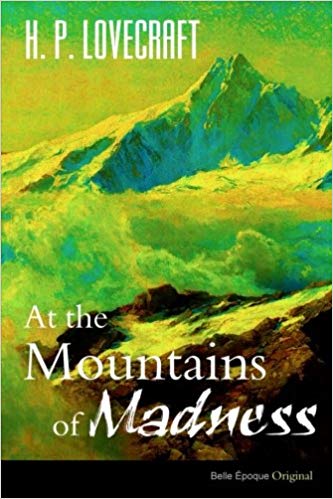
A mirror cracked into fractals, dancing rivulets of light refracted in its veins.
Part of the larger anthology Her Body and Other Parties, this story is about desire, entitlement, ruin, and the ways we don’t listen to women.
But at its core, The Husband Stitch is about how we hurt those we love the most. In Machado’s universe, women all have ribbons, and our protagonist has a green one laced around her neck.
And her partner turned husband—whom she has desired and chosen, a perfect man she would pick again and again—has a primordial desire to untie it.
“A wife,” he says, “should have no secrets from her husband.”
“I don’t have any secrets,” I tell him.
“The ribbon.”
“The ribbon is not a secret; it’s just mine.”
“Why do you want to hide it from me?”
“I’m not hiding it. It just isn’t yours.”
He is not a bad man, and that, I realize suddenly, is the root of my hurt.
When I think of this exchange, of how fundamentally alien we are even to those closest to us, I feel like my guts are in a vice grip. That we might be consigned to only see our own reflections in others’ eyes, and never who they are, scares me.
It’s a fear that cuts deeper than bone and pain.
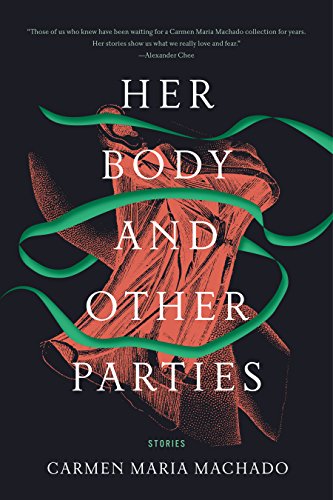
Taking off my earphones, all I hear is the whirring of my bedroom fan and my blood gurgling in my heart.
These tales have left me exhausted, but in a productive way like after an hour of cardio. Fear motivates, and its traumatic lessons have a staying power most of us can attest to.
But I think we crave fear and the vulnerability it brings, because that’s how we put ourselves in touch with our humanity. There are few things more primal than fearing pain and death. And as humans, we are also aware of change, freedom, and our place as a speck in the universe.
Fear allows us to explore these abstract anxieties, and helps us understand that they are nigh universal. There’s a comfort knowing that we all speak the same language we can’t quite enunciate.
When the lights go out and all that’s left are whispers, you know you’re not alone.
Rice readers get a 30-day free trial, so download their app to get started, and check out over 110,000 titles they have available for streaming or download.
This story was sponsored by Storytel.
The spooky season is now behind us—or is it? Tell us your favourite ghost stories at community@ricemedia.co.

